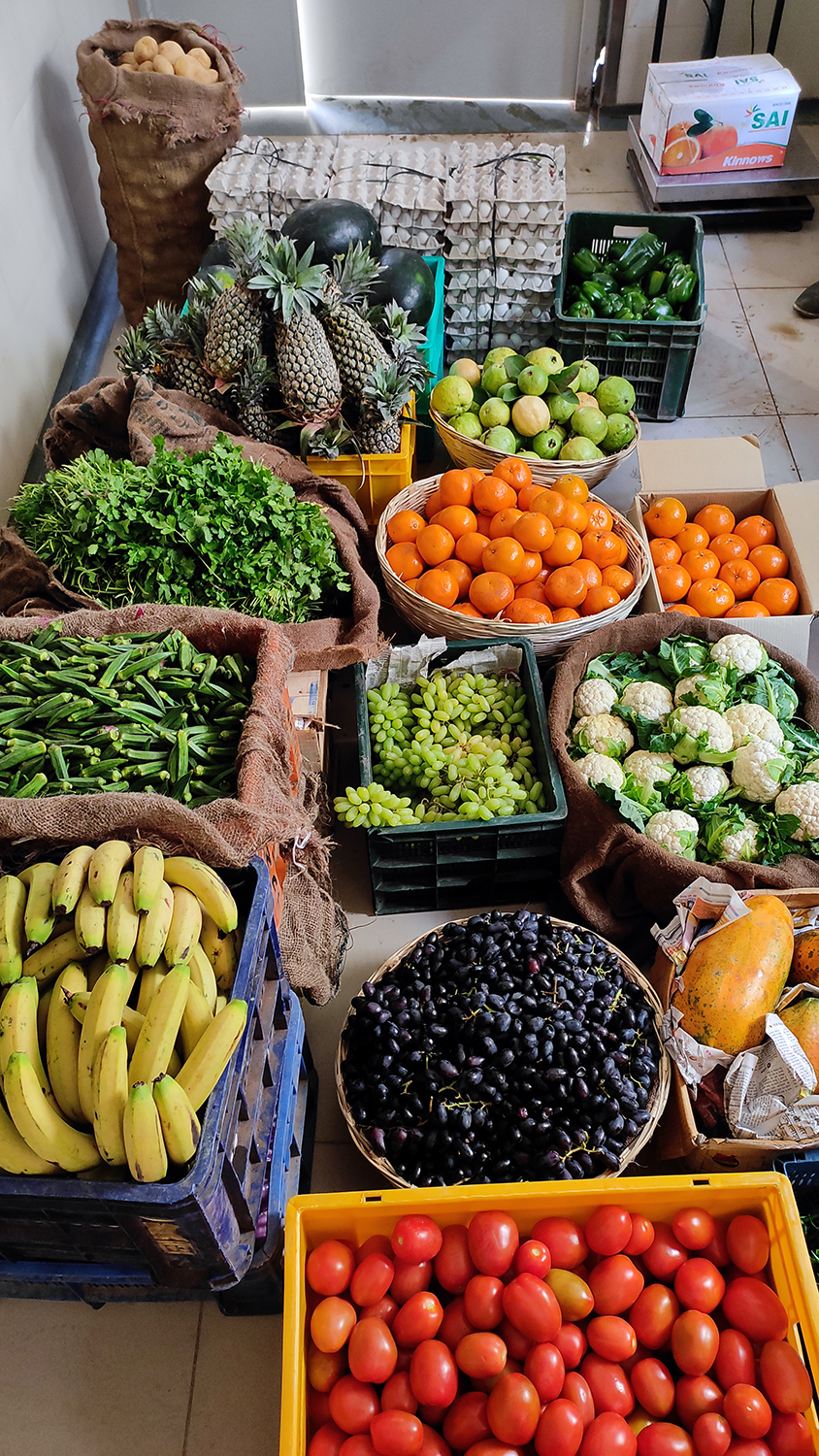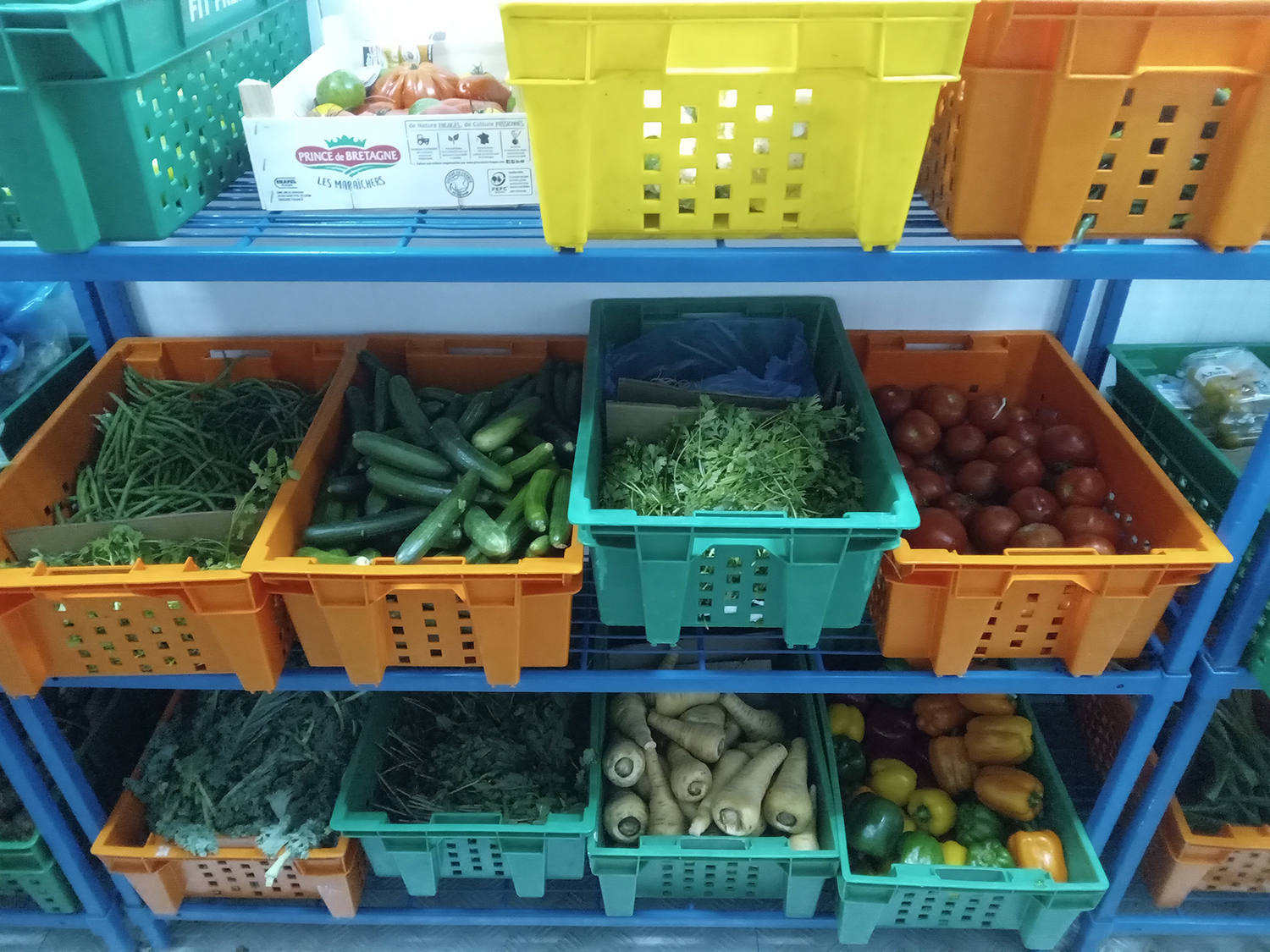Plastics – And Why Hotels Should Still Care


Synopsis
Let’s start with what we all already know. The wellness tourism sector is experiencing substantial economic growth, with significant impact and opportunities for the hotel industry. In 2023, the global wellness economy reached a record $6.3 trillion, accounting for 6.03% of global GDP, and is projected to grow at an annual rate of 7.3%, potentially reaching nearly $9 trillion by 20281. Overall, wellness tourism is projected to reach $1.4 trillion by 2027, with significant growth in spending and trips.2 This surge underscores the importance for hotels to invest in wellness amenities to capture this expanding market and drive economic growth.
But what does wellness tourism have to do with hotel plastics? Scientists are sounding alarms and any wellness driven industry (like hotels) needs to prepare for what is approaching.
For example, in a discussion on The Joe Rogan Experience, environmental epidemiologist Dr. Shanna Swan highlights the impact of chemicals in plastics on human health, stating, By every measure, our sperm counts, fertility rate, and testosterone levels – are all decreasing by about 1% per year.
She attributes this decline to endocrine disruptors called phthalates, which are prevalent in our environment and food supply due to plastics.3
If that doesn’t raise concern, how about all the plastics now being found inside human bodies, with health impacts yet to be understood. Recent studies have detected microplastics—tiny plastic particles less than 5 millimeters in size—in various human tissues and fluids, raising concerns about potential health implications. Notable findings include:
- Brain: A 2025 study published in Nature Medicine analyzed brain tissue samples from individuals who died between 2016 and 2024, finding that microplastic concentrations in the frontal cortex were up to 30 times higher than in the liver or kidneys. Notably, brains of individuals diagnosed with dementia contained up to ten times more plastic particles.4
- Blood: A 2022 study found microplastics in the blood of 80% of participants, indicating these particles can circulate within the human body.5
- Placenta: Research published in 2020 identified microplastics on both maternal and fetal sides of the human placenta, suggesting potential exposure to developing fetuses.6
- Breast Milk: A 2022 study reported microplastics in the breast milk of 75% of the sampled mothers, raising concerns about infant exposure during lactation.7
Plastics are not good for wellness. And missing out on wellness is bad for your hotel business. And what may be news to the reader: We don’t know exactly how bad the health impacts are, but we know they aren’t good. These concerns come with all plastics. It’s not just the straws and the shampoo bottles. Those microplastics scientists are finding in our bodies come from every type of plastic, big and small, single-use and multiple-use. Plastic factories shed microplastics into the environment before we even see the products. There is leakage throughout the whole supply chain.
Every plastic item ever made in history has either been burnt (thus releasing toxic chemicals into the air), or is most likely still on earth today and releasing micro-plastics into the environment.
But we recycle, so it’s all taken care of right? Wrong…
While recycling is often promoted as a solution to plastic pollution, it has significant limitations in effectively addressing the crisis. Globally, only about 9% of plastic waste is actually recycled.8 Despite all our recycling efforts an alarming 11 million metric tons of plastic is estimated to enter the oceans each year, equivalent to a garbage truck full of plastic every minute.9 The recycling process faces challenges due to the complexity and cost of sorting and processing various plastic types, making it economically unfeasible compared to producing new plastics.10
We’ve been sold recycling as a solution but the way it currently exists it’s set to fail. The plastics industry has historically promoted recycling to shift responsibility onto consumers, despite knowing its inefficacy, thereby enabling continued mass production of plastics.11 Leaked documents have exposed covert PR campaigns by the plastic industry aimed at deflecting blame onto consumers and perpetuating myths about recycling's effectiveness.12 Addressing plastic pollution requires systemic changes, including reducing plastic production and consumption, rather than relying solely on recycling efforts. We must stop the flow of plastics from the source.
So governments will solve this problem for us right? Wrong…
In March 2022, the United Nations Environment Assembly (UNEA) initiated a landmark resolution to develop a legally binding treaty aimed at addressing plastic pollution across its entire lifecycle, from production to disposal.13 Despite multiple negotiation sessions, including the fifth round in Busan, South Korea, in November 2024, consensus remains elusive. Key challenges include disagreements over limiting plastic production and implementing global controls on toxic chemicals used in plastics. Notably, over 100 countries advocate for production caps to curb environmental and health concerns, while major plastic-producing nations oppose such measures. And in recent news, President Trump is rolling back legislation restricting single use plastics.14
Sorry for the bad news, but there are of course solutions and options we can all take. Ours is an industry of optimism. Travel implies moving forward, finding new places, achieving goals, making connections. It places people in a state of growth, where they’re open to trying new experiences. Travel should inspire.
Purposeful travel is gaining momentum as travelers seek experiences that offer deeper meaning and positive impact. 83% of Americans surveyed desire a sense of discovery when they travel, and 70% consider it important to have a purposeful experience during their trips.15 Additionally, 87% of respondents emphasized the importance of feeling fulfilled after their purpose-inspired journeys.
This trend reflects a growing preference for travel that not only enriches the individual but also benefits the communities and environments visited. Hotels and destinations are adapting to this demand by offering authentic, responsible travel experiences. Whether through learning, giving back, or personal transformation, purposeful travel enriches both the traveler and the communities they visit, making every journey more impactful and fulfilling.
When these purposeful travelers arrive at their wellness destination, will they want to see plastic? Perhaps at this moment in time, the awareness isn’t quite there yet. Maybe the irony has yet to sink in. Maybe some hotels are still getting a free pass on serving up their wellness offerings all wrapped in plastic, or delivered on plastic, or infused with plastic. But after reading this article and understanding some of the unfortunate (even horrible …sorry) facts presented, the reader knows better. It won’t be long before travel influencers and wellness gurus catch up with the science. Plastics are the antithesis to wellness and purposeful travel. The best time to ramp up efforts to avoid plastic at your hotel is right now.

Plastic free supplies
Photo Credit: Six Senses
Looking to future trends we need to face facts and prepare for the changes to come. The work that we all began years ago to remove plastic straws and single use plastic from rooms must continue, and expand to remove all types of unnecessary plastics. To help any hotel avoid plastic, no matter where they are on their journey, Six Senses has openly shared a resource: Journey to Plastic Freedom, 82 Solutions for Hotels. This doesn’t hold all the answers and Six Senses is far from perfect, but we do have specific examples that have been tried and tested, and worked, for at least one of our hotel locations.

Plastic free requires supplier engagmenet
Photo Credit: Six Senses
It can be downloaded for free here: https://www.sixsenses.com/en/sustainability/plastic-freedom/.
1. globalwellnessinstitute.org
2. skift.com
3. podcastnotes.org
4. nature.com
5. The Guardian
6. PubMed
7. Health.com
8. Our World in Data
9. Pew Trusts
10. National Ocean Service
11. Oceana
12. RTS
13. United Nations
14. Associated Press
15. multivu.com